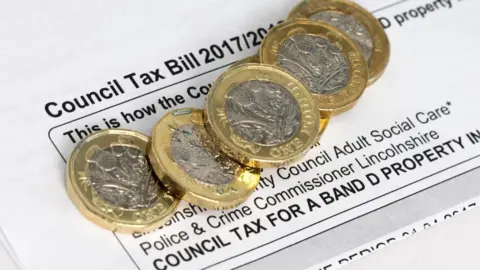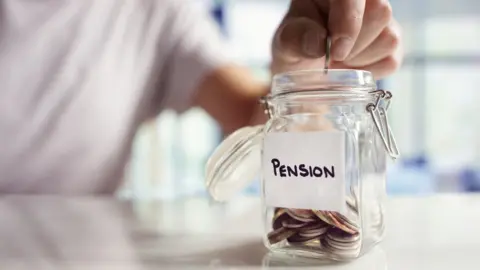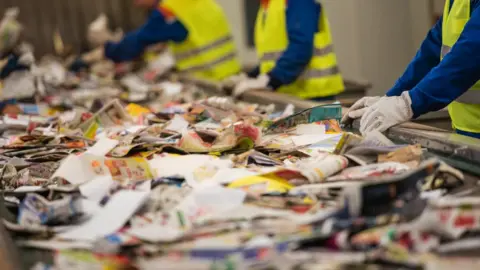Council tax rises: Your questions answered
 Getty Images
Getty ImagesThe news that nearly all local authorities in England plan to raise council tax prompted some questions from our readers. Here are the answers to the things you wanted to know.

Can we fight an authority's decision to raise council tax?
Samuel Jones, 25, from Huddersfield asked: "Is there any way we, the people, can fight this? If a utility bill goes up I can simply leave that company, here do I have no choice but to pay?"
Communities Secretary Sajid Javid said councils were allowed to raise tax by 3% this year. Larger authorities which fund social care can increase it up to 5.99%.
You cannot appeal your bill simply because you think it is too expensive, according to the Valuation Office Agency.
 Getty Images
Getty ImagesAll adults must pay council tax unless they are a full time student or meet other exemption criteria.
If you don't pay, your local authority can ask magistrates to issue a liability order.
This would allow the council to take money from your wages or benefits, or instruct bailiffs to remove goods to cover the arrears.

How much of council tax is used to fund staff pensions?
This question came from David Taylor, 71, from Surrey.
 Getty Images
Getty ImagesIn 2016-17 councils and other bodies across England paid £7.4bn in pension contributions, although it's uncertain exactly how much of that was funded by council tax.
During that period, people in England paid £26bn in council tax, which accounted for 28% of total local government funding.
If 28% of local authority pension contributions that year came from council tax, then the cost would be about £2bn.
That amounts to 8p of every £1 of council tax paid in England.

Who gets the revenue for all the household waste that gets recycled?
Councils use any money made by recycling to offset the cost of bin collections according to Lee Marshall, chief executive of the Local Authority Recycling Advisory Committee.
"It will depend on the contract with the other companies in the chain as to if the council gets any money back and how much it is," he said.
 Getty Images
Getty Images"If they do receive any money, it goes back into the council budget and they usually put it towards the cost of bin collections," he said.
"Councils don't make lots of money out of recycling, it just means it's slightly less expensive to collect the waste in the first place."

How much do council tax rises have to do with the changes in central government finance settlement?
"Core central government funding to councils will be further reduced by half over the next two years," said a spokesman for the Local Government Association.
This funding will be almost phased out completely by the end of the decade, he said.
 Getty Images
Getty Images"Councils also face an unprecedented surge in demand for children's services and homelessness support," he said.
"This is leaving increasingly less money for councils to fund other services, like fixing potholes, cleaning streets and running leisure centres and libraries.
"As a result councils in England face an overall funding gap that will exceed £5bn by 2020."
The Ministry of Housing, Communities and Local Government has said its finance settlement "strikes a balance" between relieving pressure on councils and ensuring taxpayers "do not face excessive bills".
A spokesman previously told the BBC councils would see a "real-term increase in resources over the next two years".
He added that more control had also been given to councils over the business rates they raise locally so "millions of pounds" could stay in communities.
